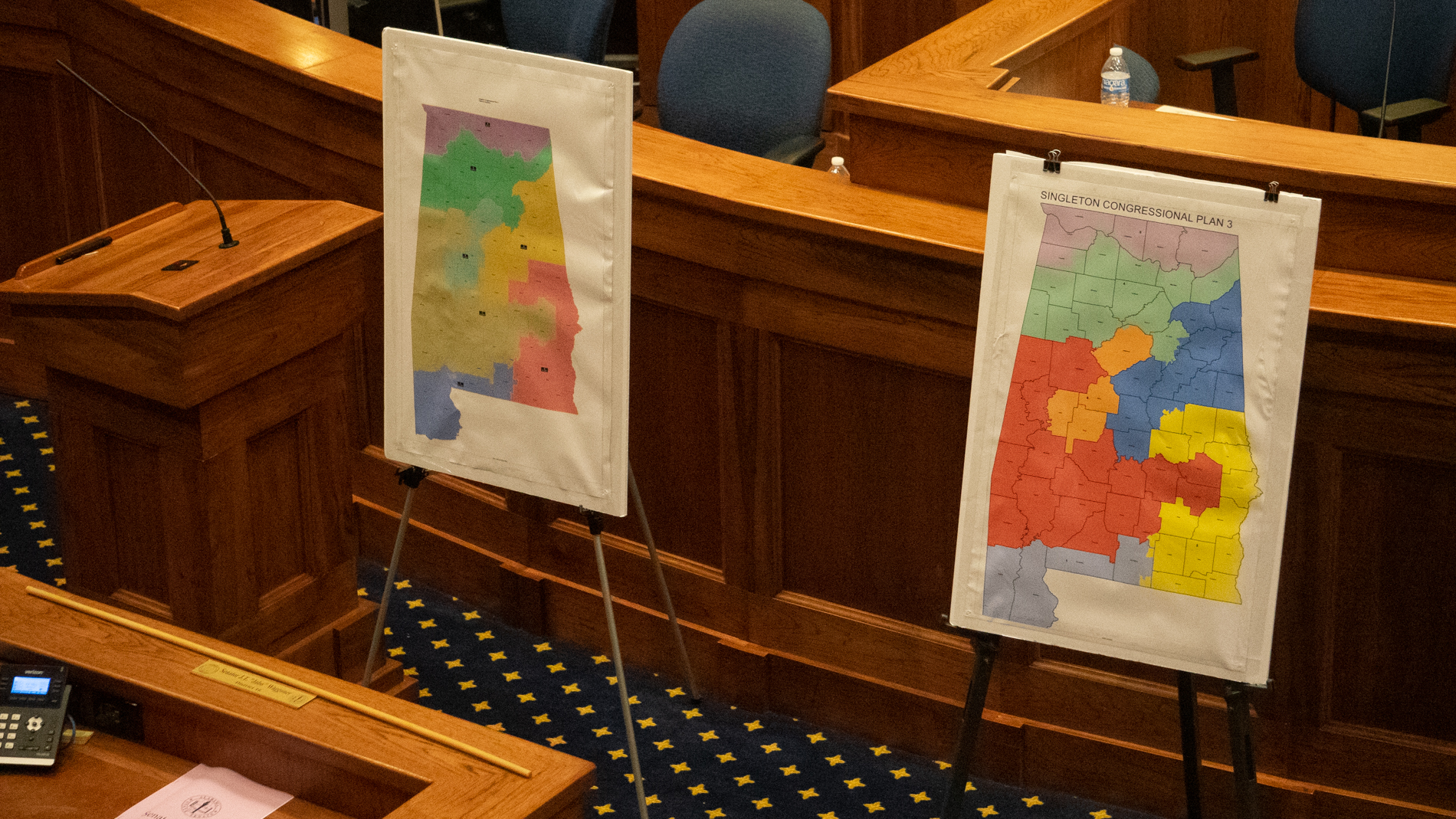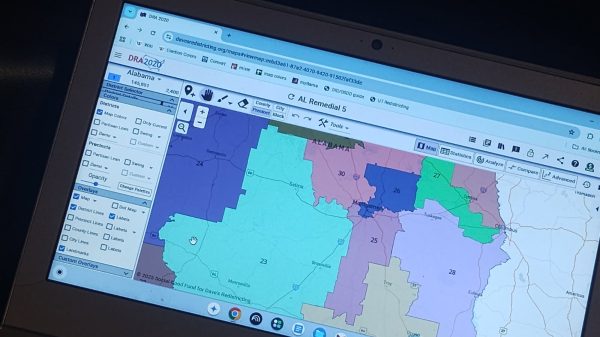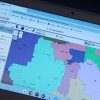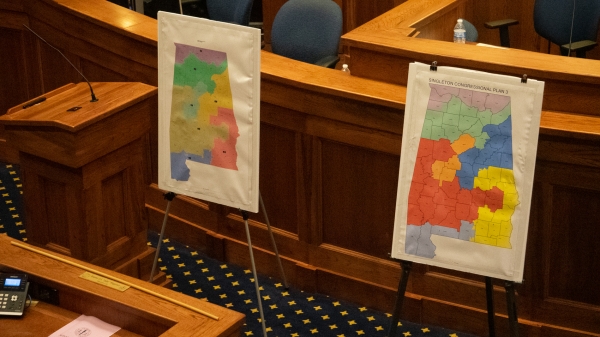Alabama has begun appealing its lengthy redistricting fight, seeking to take its racial discrimination case back to the U.S. Supreme Court.
The appeal was filed June 6 by Secretary of State Wes Allen, state Sen. Steve Livingston, R-Scottsboro, and Rep. Chris Pringle, R-Mobile.
The filing asks the Supreme Court to consider a May federal court ruling on Allen v. Milligan, in which judges found the Alabama Legislature to have intentionally discriminated against Black voters and violated the Voting Rights Act and the 14th Amendment through a 2023 congressional district map drafted by the state’s Legislature.
The three-judge panel that heard the case ruled the 2o23 map may not be used in future elections.
The panel found the Legislature to have intentionally defied orders made in 2023 by the Supreme Court. Two of the presiding judges were appointed by President Donald Trump.
The 2023 map was drafted in response to the Supreme Court’s ruling on Allen v. Milligan. The court ruled that Alabama must add two majority Black districts to its Congressional map after the court found that the state’s 2021 district map violated Section 2 of the Voting Rights Act by diluting the voting power of Black Alabamians.
However, after the Legislature failed to produce a map with two Black majority districts in 2023, a federal court stepped in to draft the state’s current district map.
Following the federal court’s redistricting, Alabama’s District 2 elected Rep. Shomari Figures, D-Alabama, marking the first Black Alabamian to be elected to Congress outside of District 7 since Reconstruction.
“Try as we might, we cannot understand the 2023 Plan as anything other than an intentional effort to dilute Black Alabamians’ voting strength and evade the unambiguous requirements of court orders standing in the way,” the judges wrote in last month’s ruling.
Plaintiffs in the case requested that the panel of judges consider reinstating Alabama’s preclearance under the Voting Rights Act as a potential remedy, requiring federal approval of changes to election laws.
The map drafted by the Legislature in 2021 was the first attempt at redistricting made by Alabama after the section of the Voting Rights Act that required preclearance in areas with a history of voting discrimination was struck down by the Supreme Court in 2013.
Allen, Livingston and Pringle responded to the ruling with a pleading indicating the state would not attempt to draw a new congressional map before 2030 in order to avoid having preclearance reinstated.
The panel provided a June 9 deadline for involved parties to provide a joint status update on resolving unsettled issues of the case, including which map will remain in place until 2030 and whether the state will be placed back under preclearance.


















































